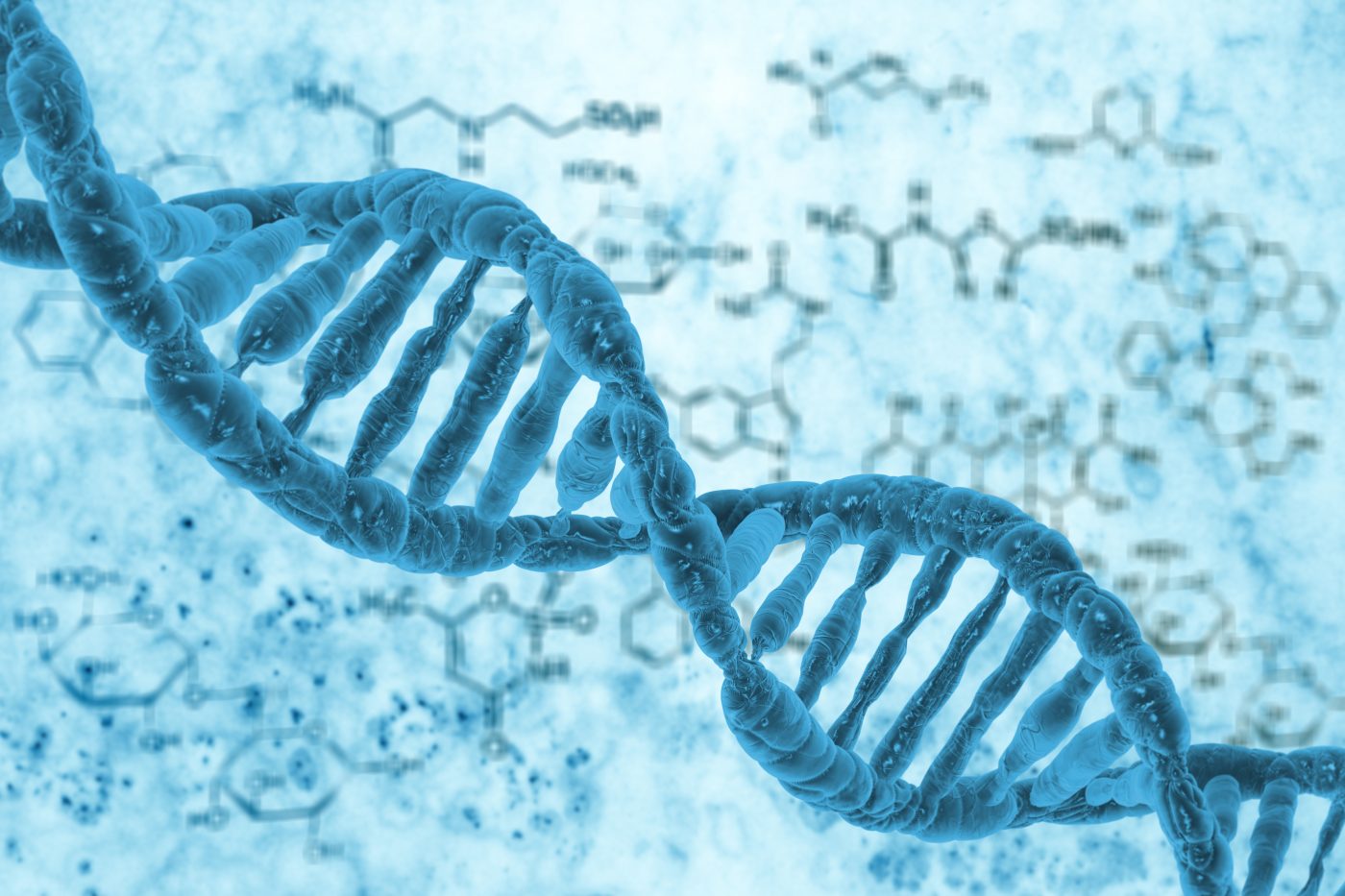Unique DNA Methylation Pattern Found in Lupus Nephritis Patients

A study led by researchers at the University of Michigan revealed that lupus nephritis can be linked to a specific DNA modification pattern in patients. The study was recently published in the Journal of Autoimmunity and is entitled “Renal involvement in lupus is characterized by unique DNA methylation changes in naïve CD4+ T cells”.
Systemic lupus erythematosus (SLE) is an autoimmune disease in which the body’s own immune system overreacts and attacks healthy joints and organs. When the immune system attacks the kidney in lupus patients it suffers inflammation, a process also called lupus nephritis. Lupus nephritis is one of the most severe complications in SLE patients affecting a significant 60% of this population. When left untreated, lupus nephritis can lead to long-term damage and even kidney failure with consequent need for dialysis.
SLE is known to be influenced by approximately 55 confirmed genetic predisposing loci and is characterized by widespread DNA methylation changes. DNA methylation is an epigenetic alteration, an external modification to DNA that does not change its sequence but can control gene expression, the “on” and “off” status of genes, in this case by the addition of a methyl group to specific nucleotides within the DNA molecule. DNA methylation changes, especially in immune T cells, have been associated to lupus pathogenesis.
In the study, researchers analyzed epigenetic susceptibility loci for lupus nephritis through the analysis of genome-wide DNA methylation alterations in specific immune cells (naïve CD4+ T cells) in two different cohorts of lupus patients, one with a history of renal involvement (28 patients) and one without (28 patients), as well as in healthy controls.
The team found that 191 sites in a total of 121 genes were differentially methylated between SLE patients with and without renal complications. Renal involvement was found to be linked to a robust demethylation (lower DNA methylation) in interferon regulated genes; as an example, the type-I interferon master regulator gene IRF7 was found to be hypomethylated only in lupus patients with lupus nephritis. IRF7 regulates several loci (CD80, HERC5, IFI44, ISG15, ISG20, ITGAX and PARP12) which were also found to be demethylated only in lupus patients with renal involvement. One particular hypomethylated site in the gene CHST12 (carbohydrate sulfotransferase 12) was found to have a high sensitivity and a reasonable specificity for renal involvement in lupus patients.
The team reported new epigenetic susceptibility loci that are differentially methylated in patients with lupus nephritis, suggesting that this condition can be characterized by a unique DNA methylation pattern. The team believes that these loci can be valuable in the study of lupus nephritis and that specific DNA methylation changes in them could potentially be used as biomarkers for specific organ involvement in lupus.






